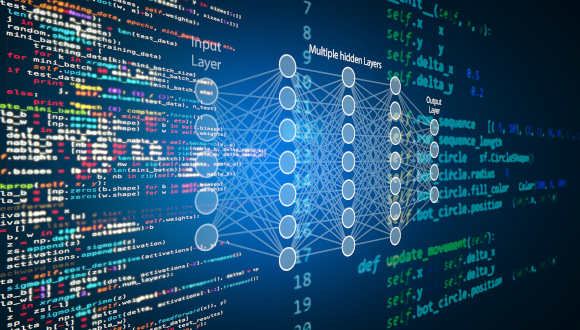Google and TAU launch “AI for Social Good”

Program promotes beneficial multidisciplinary research in artificial intelligence
Support Tel Aviv UniversityGoogle and Tel Aviv University (TAU) recently launched “AI for Social Good,” a program for promoting artificial intelligence-related multidisciplinary research for the benefit of society. It aims to support research and collaborations in data science and artificial intelligence that address social issues on the global agenda. It was established within the framework of the TAU Center for Artificial Intelligence and Data Science (TAD), inaugurated in February and headed by Professor Meir Feder of TAU’s Iby and Aladar Fleischman Faculty of Engineering.
The three-year program was launched with a recent ceremony at TAU that announced ten winners of a joint call for proposals from TAU and Google, a call that generated 27 initial submissions. Seven of the winning projects are supported by Google. The grant winners address various aspects of AI for Social Good and include researchers from a wide range of disciplines, including zoology, electrical engineering, economics, statistics, communication disorders, biblical studies, earth sciences, computer science, sociology, and anthropology.
TAU President Professor Ariel Porat, who aims to establish bridges among the different disciplines studied at TAU, said at the ceremony, “I share a common vision with Professor Yossi Matias. We believe that AI researchers can benefit significantly from collaborations with researchers in the social sciences and humanities, just as the latter benefit from new developments in AI. I am very happy about our partnership with Google. I look forward to seeing its fruits and hope to expand it further in the future.”
Professor Yossi Matias, VP at Google and Managing Director of Google Center in Israel, spoke of AI technologies and how they are already improving our lives dramatically. “AI already has great impact in various areas. We are delighted for this opportunity to harness the power of AI for social good and for science. Google is especially happy about its work on beneficial and even lifesaving products, such as the worldwide project for accurate flood forecasting, a technology enabling the hearing-impaired to conduct phone conversations, and studies on the use of AI to enhance disease diagnosis.”
Professor Matias thanked Professor Porat, Professor Feder, and the other partners in the initiative. He spoke of the special opportunity to generate collaborations between researchers and noted that he is a great believer in connections between different disciplines. “There are some deep and fascinating research questions associated with AI in many different disciplines, creating substantial opportunities for collaboration,” he said. “Good things happen when different ideas and different approaches come together.”
Professor Feder emphasized that “the AI revolution is expected to impact every aspect of our lives, from drug development and data-based personalized medicine, to defense systems, financial systems, scientific discoveries, robotics, autonomous systems, and social issues. In addition, it is very important to train human capital in this area, and the Center will provide every student at TAU with a basic AI education. TAU is special in having researchers who specialize in basic science and AI, as well as researchers who apply AI in the humanities and social sciences. We are happy that Google has decided to join forces with TAU in this important mission. The collaboration with Google will enable utilization of the power of AI and data science, channeling it toward the benefit of society.”
The joint venture will include a joint seminar on machine learning, led by TAD Director Dr. Shimon (Moni) Shahar and Dr. Deborah Cohen, a scientist at the new Google Center in Israel.